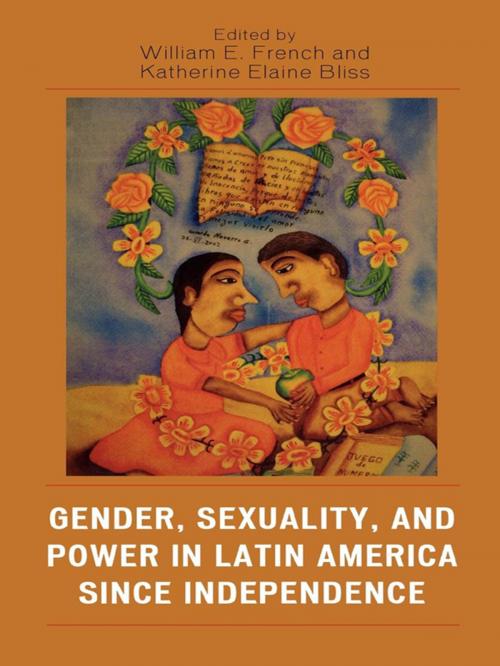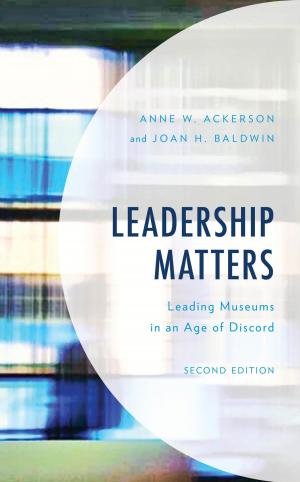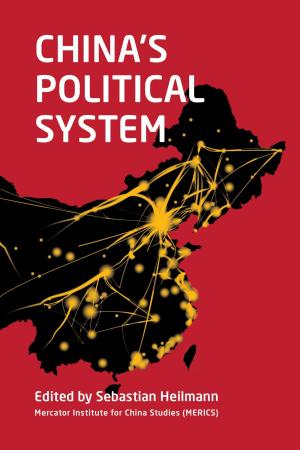| Author: | ISBN: | 9780742581364 | |
| Publisher: | Rowman & Littlefield Publishers | Publication: | November 6, 2006 |
| Imprint: | Rowman & Littlefield Publishers | Language: | English |
| Author: | |
| ISBN: | 9780742581364 |
| Publisher: | Rowman & Littlefield Publishers |
| Publication: | November 6, 2006 |
| Imprint: | Rowman & Littlefield Publishers |
| Language: | English |
Featuring the original primary research of a number of leading scholars, this innovative volume integrates gender and sexuality into the main currents of historical interpretation concerning Latin America. The book argues that gender and sexuality—rather than simply supplementing existing explanations of political, social, cultural, and economic phenomena—are central to understanding these processes. Focusing on subjects as varied as murder, motherhood and the death penalty in early Republican Venezuela, dueling in Uruguay, midwifery in Brazil, youth culture in Mexico, and revolution in Nicaragua, contributors explore the many ways that gender and sexuality have been essential to the operation of power in Latin America over the last two hundred years. The linked questions of agency, identity, the body, and ethnicity are woven throughout their analysis. By analyzing a rich array of medical, criminological, juridical, social scientific, and human rights discourses throughout Latin America, the authors challenge students as well as scholars to reconsider our understanding of the past through the lenses of gender and sexuality. Making the case for the centrality of gender and sexuality to any study of political and social relations, this volume also will help chart the future direction of research in Latin American history since Independence.
Featuring the original primary research of a number of leading scholars, this innovative volume integrates gender and sexuality into the main currents of historical interpretation concerning Latin America. The book argues that gender and sexuality—rather than simply supplementing existing explanations of political, social, cultural, and economic phenomena—are central to understanding these processes. Focusing on subjects as varied as murder, motherhood and the death penalty in early Republican Venezuela, dueling in Uruguay, midwifery in Brazil, youth culture in Mexico, and revolution in Nicaragua, contributors explore the many ways that gender and sexuality have been essential to the operation of power in Latin America over the last two hundred years. The linked questions of agency, identity, the body, and ethnicity are woven throughout their analysis. By analyzing a rich array of medical, criminological, juridical, social scientific, and human rights discourses throughout Latin America, the authors challenge students as well as scholars to reconsider our understanding of the past through the lenses of gender and sexuality. Making the case for the centrality of gender and sexuality to any study of political and social relations, this volume also will help chart the future direction of research in Latin American history since Independence.















